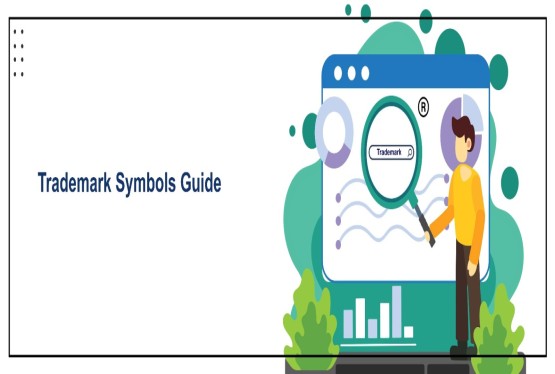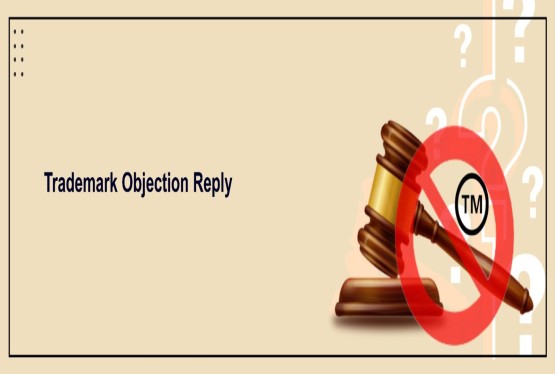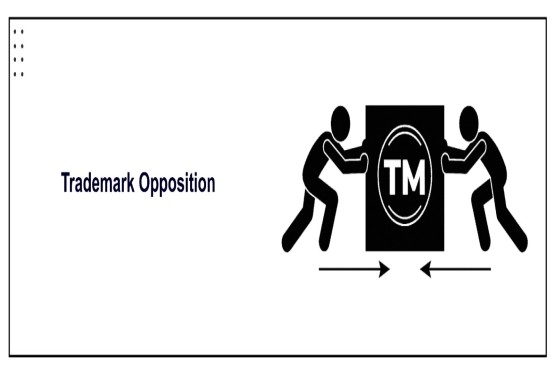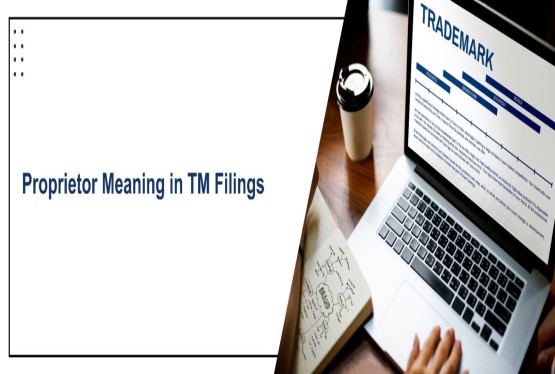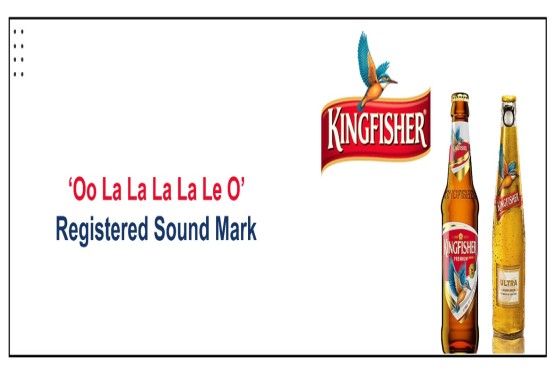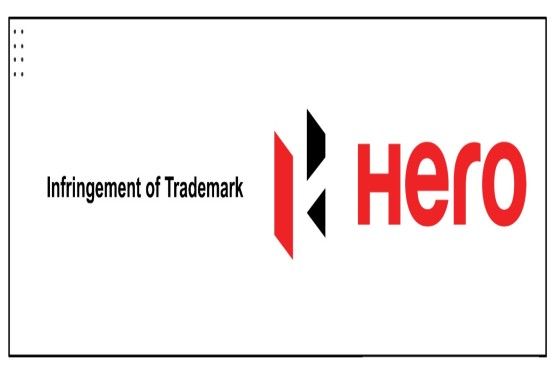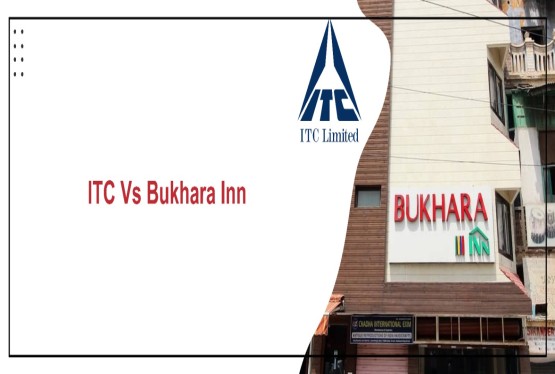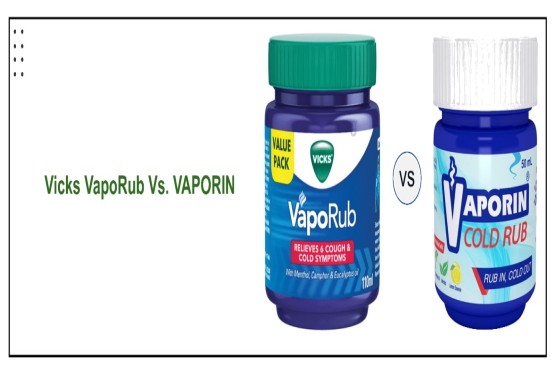Trademark disputes often arise when two companies use similar names, words, or packaging for their products. One such case was Pernod Ricard’s Blenders Pride whisky vs. JK Enterprises’ London Pride whisky. The dispute mainly focused on the use of the word “Pride”. Pernod Ricard argued that the use of “Pride” by London Pride was likely to confuse consumers, while the other side argued that “Pride” is a common word and cannot be monopolized.
Facts of the Case
Plaintiff (Pernod Ricard): Owner of the popular whisky brand Blenders Pride.
Defendant (JK Enterprises): Manufacturer of whisky under the brand name London Pride.
Pernod Ricard claimed that the word “Pride” and the trade dress of London Pride created deceptive similarity (Section 29(2) of the Trademarks Act, 1999).
They approached the Commercial Court seeking an injunction to restrain the use of “London Pride.”
Decisions of the Courts
Commercial Court
The court held that “Pride” is a common term (meaning it describes quality, not source).
Trademark rights apply to the whole composite mark (“Blenders Pride”), not just one word.
Therefore, no infringement under Section 29.
Madhya Pradesh High Court
The High Court upheld the Commercial Court’s decision.
It observed that whisky buyers are not ignorant; they can differentiate between Blenders Pride and London Pride.
Supreme Court (August 2025)
The Supreme Court dismissed Pernod Ricard’s appeal
Relevant Sections
Section 29 – Trademark Infringement
This section says: if two marks are so similar that people may get confused, then it is trademark infringement. In this case, Blenders Pride said that “London Pride” was using the same word “Pride,” so people might think both whiskies are connected. But the Court said the overall names, bottles, and labels are different, so there is no confusion.
Section 17(2)(b) – Composite Marks
This section says: if a trademark has many parts (like “Blenders” + “Pride”), the owner does not get full rights on one single part unless it is registered separately. In this case, Blenders Pride wanted exclusive rights on the word “Pride.” The Court said no, you only have rights on the whole name “Blenders Pride”, not just on “Pride.”
Section 9(1)(b) – Descriptive or Common Words
This section says: words that are common, descriptive, or praise quality cannot usually be registered as trademarks. The word “Pride” is a common and laudatory word (it praises quality, like saying “best” or “royal”). The Court said that since “Pride” is a common word, anyone can use it. It cannot be monopolized by Blenders Pride. The Court said that average consumers with imperfect recollection will still be able to distinguish the two brands.
Key Legal Principles
-
Generic words cannot be monopolized → “Pride” is a common word used by many businesses.
-
Composite mark protection→ Rights are given to the full brand name, not individual parts (Sec. 17).
-
Test of likelihood of confusion → Must see the overall impression of the marks, not just one element (Sec. 29).
-
Publici Juris principle → Words in common usage belong to the public domain.
Conclusion
The case of Blenders Pride vs London Pride shows that trademark law protects distinct and unique marks, not common or generic words. The Supreme Court made it clear that businesses cannot block others from using ordinary terms like “Pride.”
This decision is based on the principle of Publici Juris, meaning words that are commonly used should stay open for everyone. It also highlights that in trademark cases; the overall impression of the mark matters more than just one part of it.
FAQs
Q1. What was the main issue in the Blenders Pride vs. London Pride case?
Ans. The key issue was whether Pernod Ricard (owner of Blenders Pride) could claim exclusive rights over the word “Pride” and stop JK Enterprises from using “London Pride” for its whisky brand.
Q2. Why did Pernod Ricard file the case?
Ans. Pernod Ricard argued that the use of “Pride” by London Pride created deceptive similarity and could confuse consumers, amounting to trademark infringement under Section 29 of the Trademarks Act, 1999.
Q3. What did the Commercial Court decide?
Ans. The Commercial Court held that “Pride” is a common and descriptive term. Trademark protection is given to the full composite mark “Blenders Pride,” not just the word “Pride.” Hence, no infringement was found.
Q4. Did the Madhya Pradesh High Court agree with this decision?
Ans. Yes, the High Court upheld the Commercial Court’s decision, observing that whisky buyers are generally well-informed and can distinguish between “Blenders Pride” and “London Pride.”
Q5. What was the Supreme Court’s final ruling in August 2025?
Ans. The Supreme Court dismissed Pernod Ricard’s appeal and agreed with the lower courts that “Pride” is a generic, laudatory word and cannot be monopolized.
Q6. Which sections of the Trademarks Act were relevant in this case?
Ans. Section 29: Trademark infringement through likelihood of confusion.
-
Section 17(2)(b): Rights are given to the entire composite mark, not individual parts unless separately registered.
-
Section 9(1)(b): Prohibits registration of common/descriptive words.
Q7. What legal principle did the Supreme Court emphasize?
Ans. The Court stressed the Publici Juris principle, meaning common or descriptive words should remain in the public domain and cannot be monopolized by one company.
Q8. What does this case teach businesses about trademarks?
Ans. It reinforces that businesses should focus on creating distinctive and unique trademarks rather than relying on generic or descriptive terms. Protection applies to the full brand name and trade dress, not individual common words.
Q9. Can a company ever protect a single word in a composite mark?
Ans. Yes, but only if that word is separately registered as a trademark and is distinctive, not descriptive or generic. In this case, “Pride” was not distinctive enough to be protected.
Q10. How does this decision impact consumers?
Ans. The ruling ensures that ordinary words like “Pride,” “Royal,” or “Best” remain free for use by multiple businesses, preventing monopolization and ensuring more variety in the market.

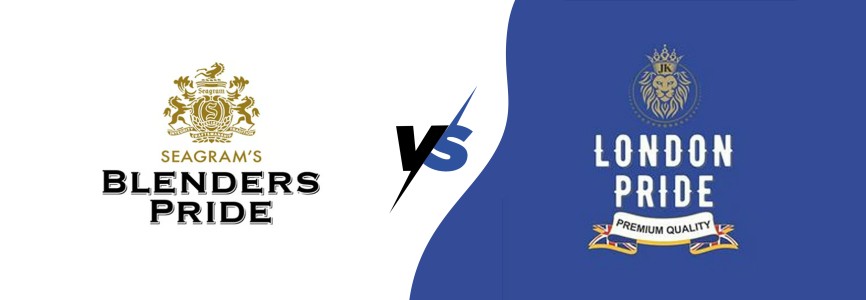




























_(b)_of_the_Trademark_Act,_1999_(1)_crop10_thumb.jpg)



_crop10_thumb.jpg)




























_crop10_thumb.jpg)
_crop10_thumb.jpg)






_crop10_thumb.jpg)








_crop10_thumb.jpg)



_crop10_thumb.jpg)





























_crop10_thumb.jpg)

















_crop10_thumb.jpg)






_crop10_thumb.jpg)












































































































































_crop10_thumb.jpg)




































_crop10_thumb.jpg)












_crop10_thumb.jpg)















































_crop10_thumb.jpg)



































































































